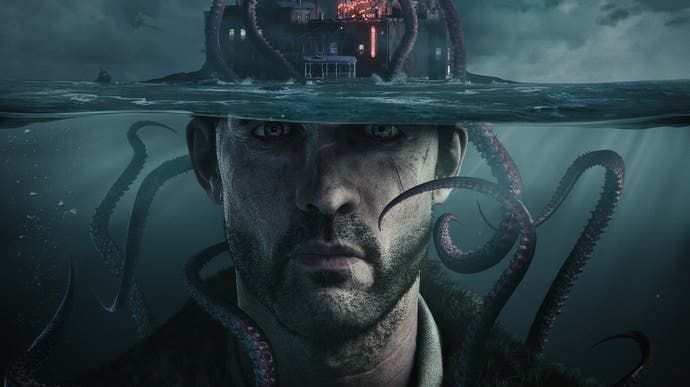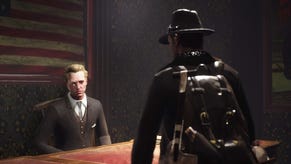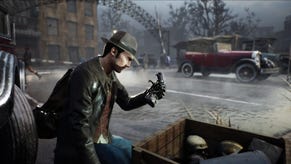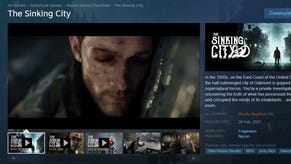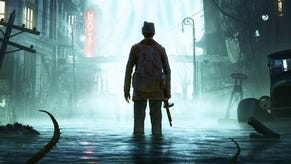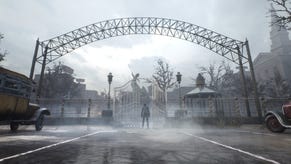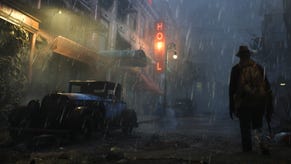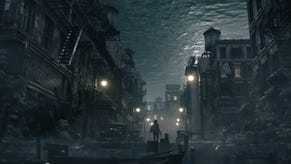The Sinking City review - a lacklustre whodunit unable to fulfil lofty ambitions
Sea-list.
The Sinking City is Frogwares' latest, and it's the team behind The Adventure of Sherlock Holmes series - a series that's been running since 2002 - most ambitious title to date. It tries to apply the dev's brand of detective gameplay to a sprawling open world setting, for one, making it the longest Frogwares game so far, while this time out it tackle another beloved piece of literature. And the Cthulhu mythos is important to many people because it represents fear itself.
That inexplicable, creeping fear of a monster of godlike proportions has lessened over the years, however, with Cthulhu's rise as a pop culture icon. If you're not familiar with the story itself, you likely at least know the basics, and given that familiarity you feel that Frogwares could have invested in an interesting interpretation of the source material or captured the atmosphere that is all-important to Lovecraft lore.
What you get, though, is another Frogwares detective game, albeit a damp one.
It starts with your character, Charles Reed, arriving in Oakmont, Massachusetts. An ex-army diver and private eye, you've been plagued by visions that led you to the town which has fallen victim to a terrible flood. With the flood came the madness, and a few monsters for good measure. Oakmont is a sinister place, where everyone either wants something from you or wants you to leave them alone. Random acts of violence, disappearances and theft regularly take place, and so you're drafted into solving these cases in exchange for hints towards solving your real goal, finding the source of your nightmares and hopefully stopping them.
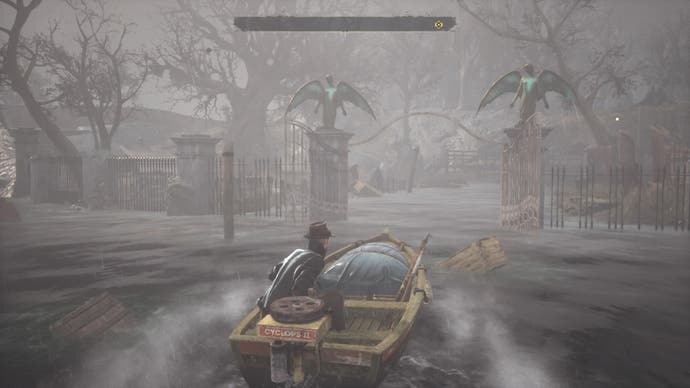
Solving the lengthy mysteries that drag you from one end of town to another follows a reliable pattern: first you locate a crime scene using vague directions. Once you've arrived you look at everything there is to look at, including picking up items and turning them over until you spot something out of the ordinary. Once you've found everything noteworthy you reconstruct the crime's modus operandi in a manner that strongly reminded me Detroit: Become Human. With every scene you visit a piece of the puzzle emerges, pushing you towards solving an overarching question, for example what happened to an important informant, and in your mind palace you can make deductions as to what it all means.
Sometimes, in order to find new leads to go on, you have to talk to witnesses or comb through official records in various places such as the town hall or the police station, where you find the right document based on evidence recorded in your casebook. There's been a promise of "absolutely no hand holding", but of course that isn't very player friendly, which is why there's always optional hand holding - via the difficulty menu for the detective portions you can decide how many hints and helpful symbols you'll be shown. Either way, there's still enough for you to figure out on your own.
It's a satisfying loop, but not one that stays engaging over The Sinking City's lengthy runtime. It's fascinating to see cases sprawl simply because you need to find so many sources and solve problems for so many people before they grudgingly come out with the next scrap of information. But it's a very casual adventure for something that had the potential to be so tense. It's relaxing to solve a case here and there, but there's no gripping narrative that propels you forward. The cases themselves aren't even particularly interesting, likely a consequence of the source material which makes it all too easy to find supernatural explanations for whatever has been going on. Additionally, Reed can see demons using his mind's eye, which function as nothing else than a deus ex machina, pointers to a piece of evidence you otherwise couldn't have found.
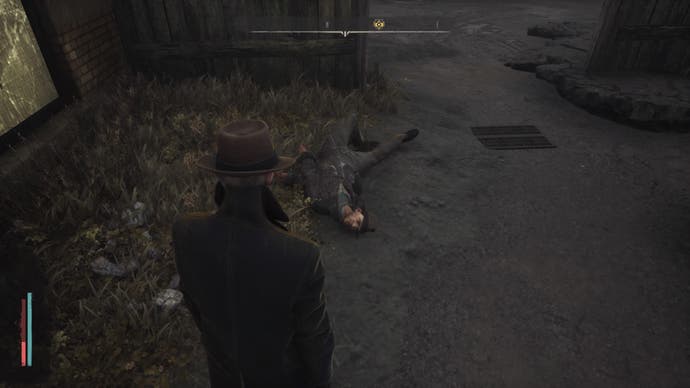
In previous Frogwares titles your deductions could lead to interesting interpretations and ultimately different outcomes for your suspects. The Sinking City reduces this to binary choices between A, guilty/bad person and B not guilty/arsehole but still okay.
A warning ahead of the title screen about The Sinking City depicting the cultural friction and prejudices of prohibition-era America builds a sense of anticipation, though ultimately for naught. It's a tall order - Frogwares chose a time period with the potential for so much conflict worthy of comment, already successfully addressed L.A. Noire, for example. Lovecraft's work itself deserves to be re-examined in light of his strong white supremacist mindset, but there are simply no characters that exceed their function as quest givers or conversations that give a lift to the very barebones narrative. Frogwares is good at a very specific thing, which is building micro-narratives that support its detective mechanics, but I feel that with this source material, that particular approach constitutes a missed opportunity.
You fight monsters, but they are far from being horrors from the deep. Everyone in Oakmont treats them like mild annoyances to navigate around, and it's exactly what I did as a player, too. There's a handful of types and you shoot at them and that's about it. The animation quality in The Sinking City simply isn't good enough to support combat. Your melee attacks have an incredibly wide arc, and aiming with any weapon is a very janky affair. Controlling your character feels like moving through molasses, something exacerbated in the game's underwater sequences. It's frustrating because you simply don't have the precision you need to dodge underwater geysers, for example, or to efficiently deal with fast-moving fiends. Classic elements like a skill tree and a crafting screen are there, but neither skills, weapons nor resource management are balanced well enough to be fun. This isn't where The Sinking City's strengths lie, though, which is perhaps why the game advises you that "fleeing is often the better option".
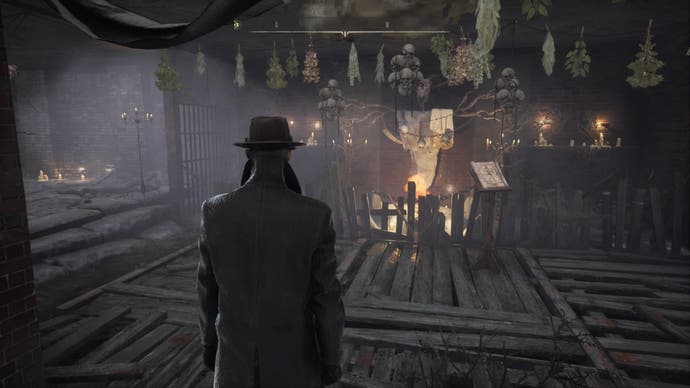
The Sinking City also isn't scary. It's not even mildly creepy. I think a Cthulhu game should be at least a bit scary, and you can't just add a few flickering lights and a bit of fog. Giving madness a measurable form by tracking it through a bar that reduces whenever you look at something a bit disgusting isn't scary, and it's even less scary when all madness means is a few flickering images superimposed onto the screen for a second, followed by monsters that appear out of nowhere to take an inch off your health.
It's a small shame, and this is far from Frogwares' finest. The Sinking City fails on a technical and narrative level, leaving you with an experience that's well short of its potential despite its clever detective gameplay.
